
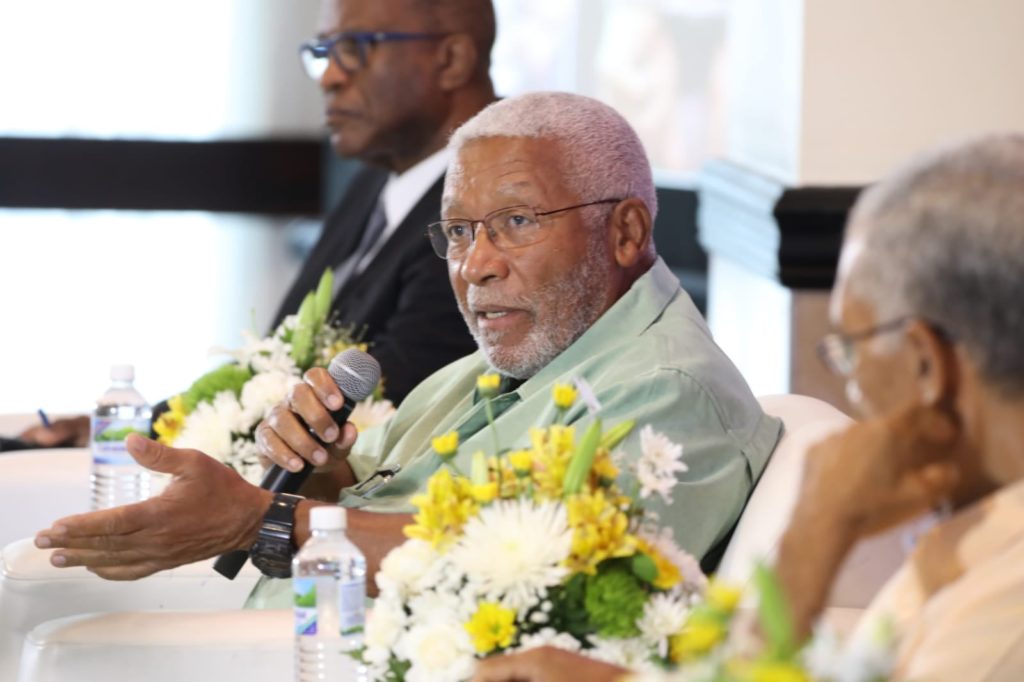
Former Jamaica Constabulary Force (JCF) commissioner Rear Admiral Hardley Lewin says a “crisis of confidence” has besieged Jamaica as years of states of emergency (SOEs) have seemingly lost their effect after repeated use.
“Right now, the law-abiding [citizens], Government, everybody, we need a victory because we’re having a crisis of confidence. Confidence in our security forces, confidence in ourselves in getting this right,”
—Rear Admiral Hardley Lewin, former police commissioner.
Lewin, who also led the Jamaica Defence Force (JDF), was also of the view that the security forces are far too slow in adapting to the changing behavioural patterns of the underground criminal network, which leave SOEs as merely obsolete, labour-intensive and results-deficient measures.
Lewin, one of four guests in a panel discussion during the launch of Jamaicans for Justice’s (JFJ) State of Justice: Examining Human Rights and Rule of Law in Jamaica report on Wednesday (March 30), said while not professing that the leadership of the JCF ‘doesn’t have the answers’, Jamaicans must not take for granted policing is easily one of the most dangerous careers to pursue.
The ex-JDF chief of staff was joined in the JFJ panel discussion by Hugh Faulkner, commissioner of the Independent Commission of Investigations (INDECOM); Minister of Legal and Constitutional Affairs Marlene Malahoo Forte; and Professor Anthony Harriot.
“We have carefully nurtured, probably over the last 70 years, some of the issues we are facing now, which has only manifested itself and it’s [because] the weapons have changed and we need not go back over the whole history of how we got here,” Lewin began at the Jamaica Pegasus Hotel.
“There are some immediate things that need to be done to cauterise the problem and that is largely a security forces issue,” noted the former top cop, as he turned to Malahoo Forte.
The former commissioner between 2007 and 2009 stated emphatically that he did not share the Government’s confidence SOEs were successful in stymieing the wanton bloodlust.
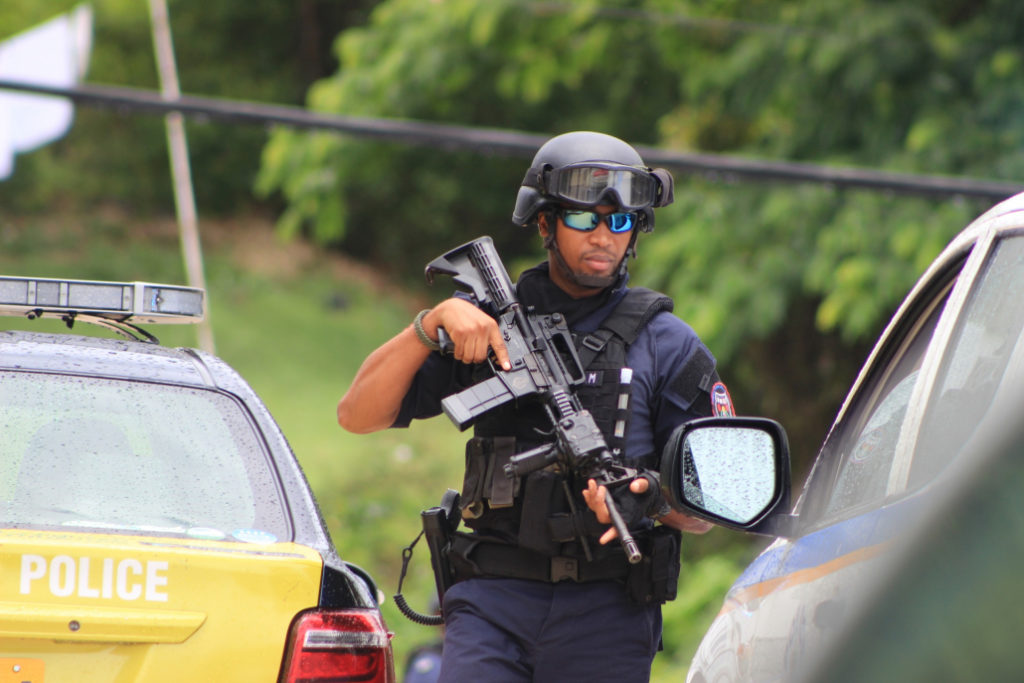
“We could have done what we did in Montego Bay without a [SOE] declaration. The only thing we could not do was to detain people for the periods that we have done, and suspend habeas corpus,” argued Lewin.
When asked if he thought that the detentions worked, Lewin responded, “my view is that there was a theory behind it”, though later conceding, “no one in the security forces has explained this to me, but I kind of worked that out”.
“If, within the community, you removed the ‘bad eggs’ and some of the suspects, the hope is that witnesses may have the confidence to come forward to give statements, so that you could now go and charge those persons, whom you have in custody, because you feel safer,” continued the ex-JDF chief.
“The question is, how many of such cases did we have in that first State of Emergency in January 2018? And based on those results, which were not good, we should have known that look, [SOE] is really not going to cut it,” he mused.
Lewin clarified, however, having no qualms with the initial two-week period between the date of the SOE’s declaration to its expiry, which he said could add to the “shock and awe” of mass mobilisation. Where his perspective diverges from the Government is its obsession with continually renewing the SOE, extension after extension.
“But when [an SOE] expires, let it expire. There are many operational measures that can be implemented that have better value than the State of Emergency which, as I warned, turned out to be a farce,” asserted Lewin.
“Do we all agree that one of the problems is that criminals are moving around too freely? Yes? So we need a strategy that says ‘We must cut down the free movement of criminals without being challenged’. You can’t do it by having some soldiers and police under a tent at a fixed point,” he added.
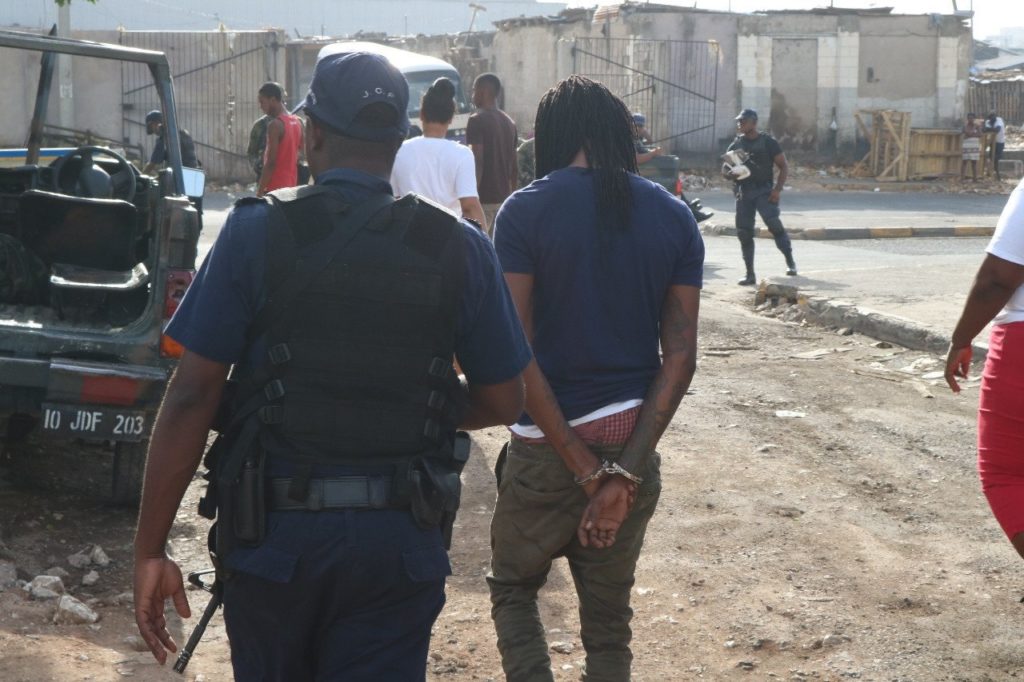
“You need to have mobile checkpoints! They [security forces must] drive around, stop, half-hour here, check, [then] move around. The criminals must be kept off-balance. They are thinking and we are not. It’s as simple as that,” contended Lewin further.
Being adaptable in its response to the criminal network is one way the security forces can better sustain their recent run of wins, according to Lewin.
“Understand that [criminals] are highly adaptable. Don’t wait for their new methodologies to take hold before we play catch up. Think it through. What are they going to do next?” he told the listening audience.
“You see the recent successes of the [Kingston] Wharf? They’re going to move their method of importing weapons. We have in the security forces the leadership [and] the brains to think through these things. That’s one strategy, cut down the space and the free movement that the criminal has,” Lewin maintained.
Lewin had noticed since the promulgation of the Disaster Risk Management Act (DRMA) and the once-routine nighttime curfews, that more murders were taking place in broad daylight.
“Ah, there you go. So our operational measures have to take that into account,” he surmised.
In his eyes, how SOEs have been used by the Holness administration is a shameful waste of the already strained human resource capacities of the JCF.
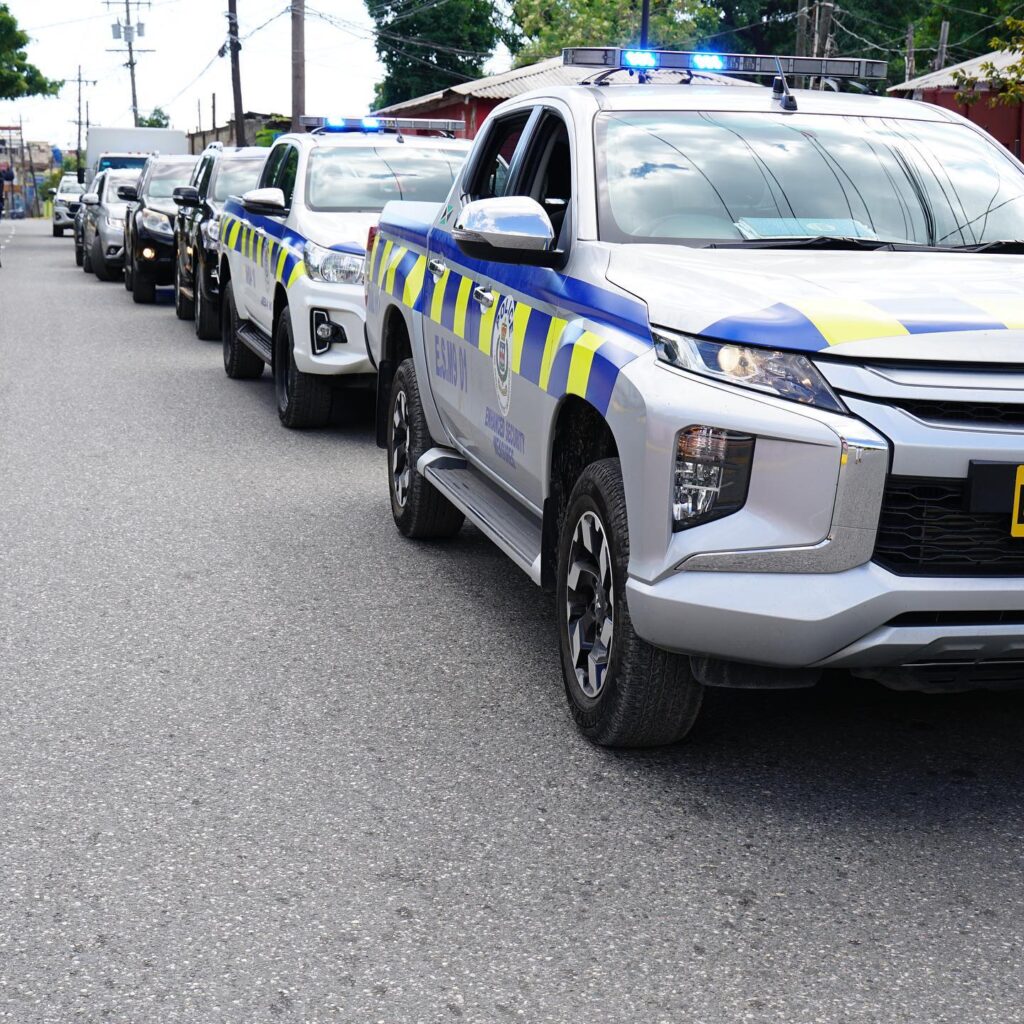
“The kind of states of emergency we’ve been doing, to me, is an abuse of good human resource with those persons. It is human resource-intensive,” noted Lewin.
“When you set up that state of emergency or whatever operation you’re doing in a particular area, there’s a little station way up in the mountains called Millbank. It’s in the farthest of the farthest place, a police station. Does the police in Millbank know that something big is going on and in Millbank, my quiet community, ‘I better keep on the lookout for strange faces, people may come here and take refuge’?” the former military chief remarked.
A “good place to start” for a victory, according to the former top cop, is dealing with the mayhem on Jamaica’s roads.
“Deal with that to bring back some sense of confidence in ourselves to say ‘Look, we can do something and get it right’. I travel Red Hills Road, it’s madness! It was a little thing, you know. It is a big thing now but it is immediate,” he said.
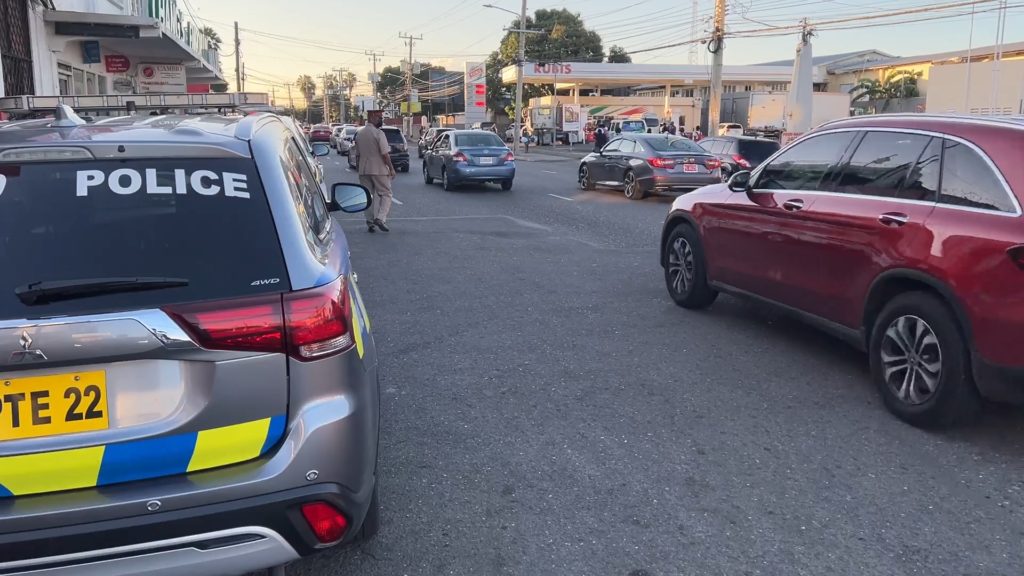
Lewin hastened to reiterate he did not think or want to give the impression to Jamaicans that “nothing is happening”, noting some “medium- and long-term things being dealt with” within the JCF.




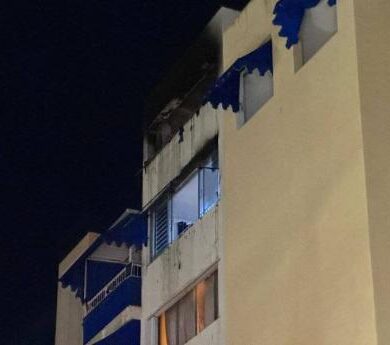


Comments